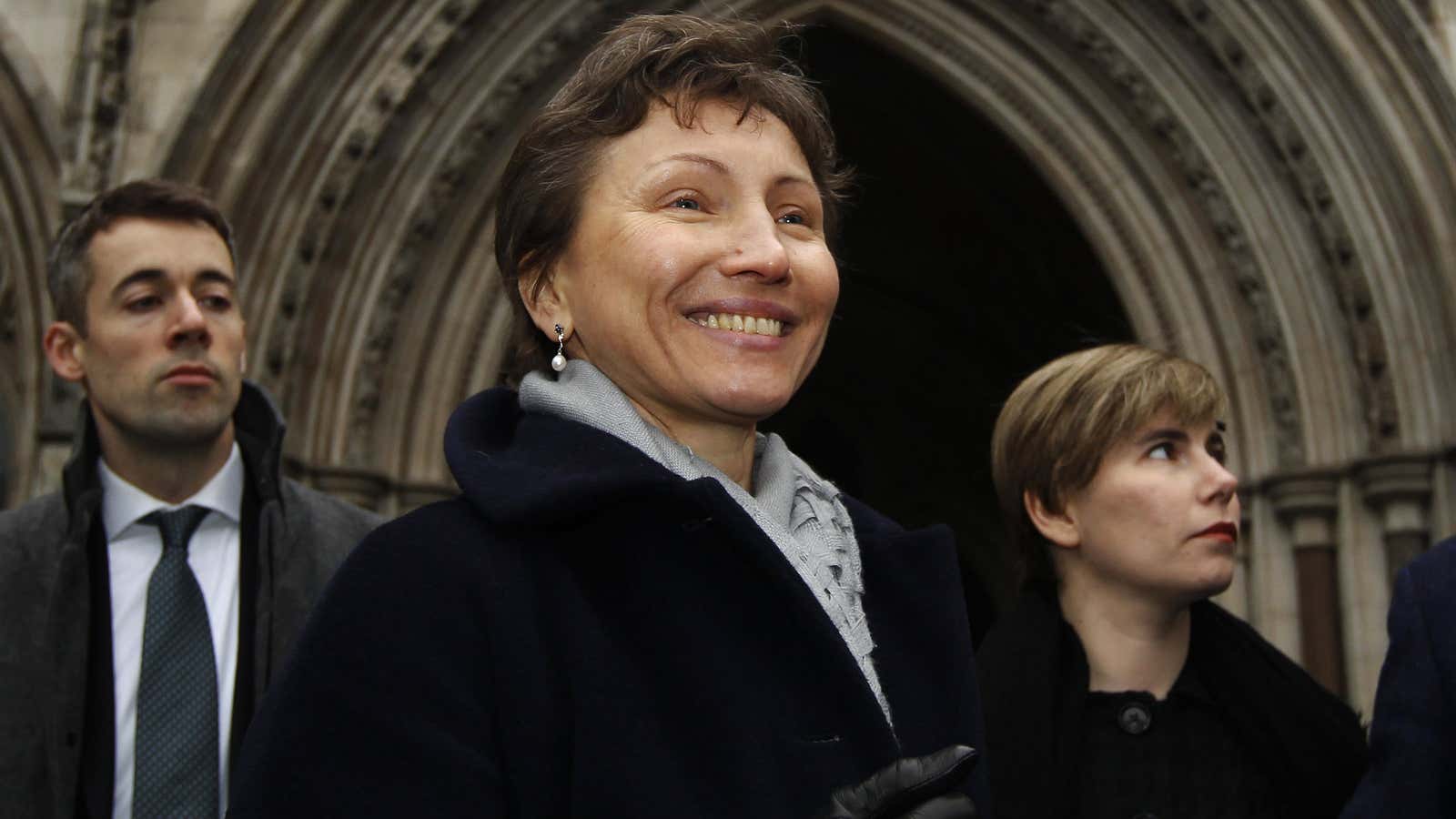Europe has mustered only a weak collective response to the apparent missile strike on a Malaysian airliner. But Britain hit out on its own today by reopening a sensational, eight-year murder case implicating Russian president Vladimir Putin.
As European foreign ministers meet today in Brussels, the indications are that they will only accelerate harsher sanctions already approved the day before flight MH17 crashed on July 17. That apparent climbdown comes a few hours after pro-Russian separatists in Ukraine finally surrendered the airliner’s black boxes to Malaysian authorities and, before that, the victims’ bodies. The UK and central and eastern European governments had advocated sharply tougher sanctions against Russia but have encountered EU resistance, especially from Germany, Italy and France.
However, a UK official today issued a surprise announcement: a public inquiry will be held in the grisly 2006 death of Alexander Litvinenko. The 43-year-old Russian, an ex-KGB and FSB agent who had obtained asylum in the UK after writing a book critical of the Russian government, died in a London hospital a month after drinking tea apparently laced with polonium-210, a radioactive isotope, at the Millennium Hotel in Mayfair.
After his death, UK investigators followed the trail of polonium back to Moscow. In 2007, UK prosecutors filed murder charges against Andrei Lugovoi, a former colleague of Litvinenko’s. Analysts said it was highly unlikely that such a killing could take place without approval from senior ranks in the Kremlin. But Putin scoffed at the charges and apparently encouraged Lugovoi to seek a Duma seat, which, when Lugovoi won seven months later, gave him parliamentary immunity.
Litvinenko’s slow and very public death in the center of a European capital—carried out under the klieg lights of the international media—seriously tarnished Putin’s image. Coming a month after another unresolved murder—that of Anna Politkovskaya, a Russian journalist who was shot in the elevator of her Moscow apartment building—the Litvinenko case tarred Putin as a leader who countenanced murder and coddled killers.
UK-Russian relations took years to recover. Now that they are risking another diplomatic row with Putin, UK officials said the timing is coincidental—that the decision has been in the works since a coroner’s ruling last year that a public inquiry could best settle the facts of the case once and for all. But they will have a hard time convincing anyone given the Malaysian air crash and the fact that the rest of the EU seems not to be supporting Britain’s call for harsher sanctions.
The decision, however, is vindication for Marina Litvinenko (pictured above), the victim’s widow. “No matter how strong and powerful you are, truth will win out in the end and you will be held accountable for your crimes,” she said in a statement. “I look forward to the day when the truth behind my husband’s murder is revealed for the whole world to see.”
